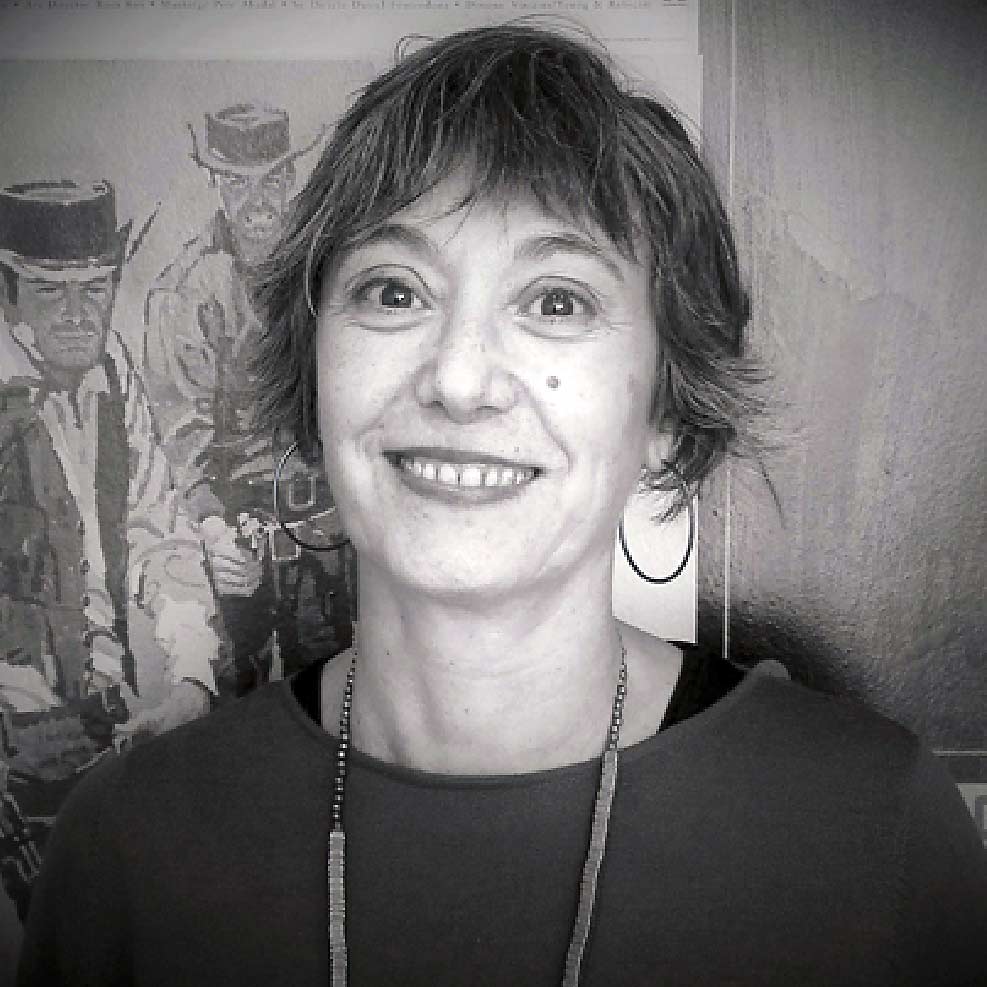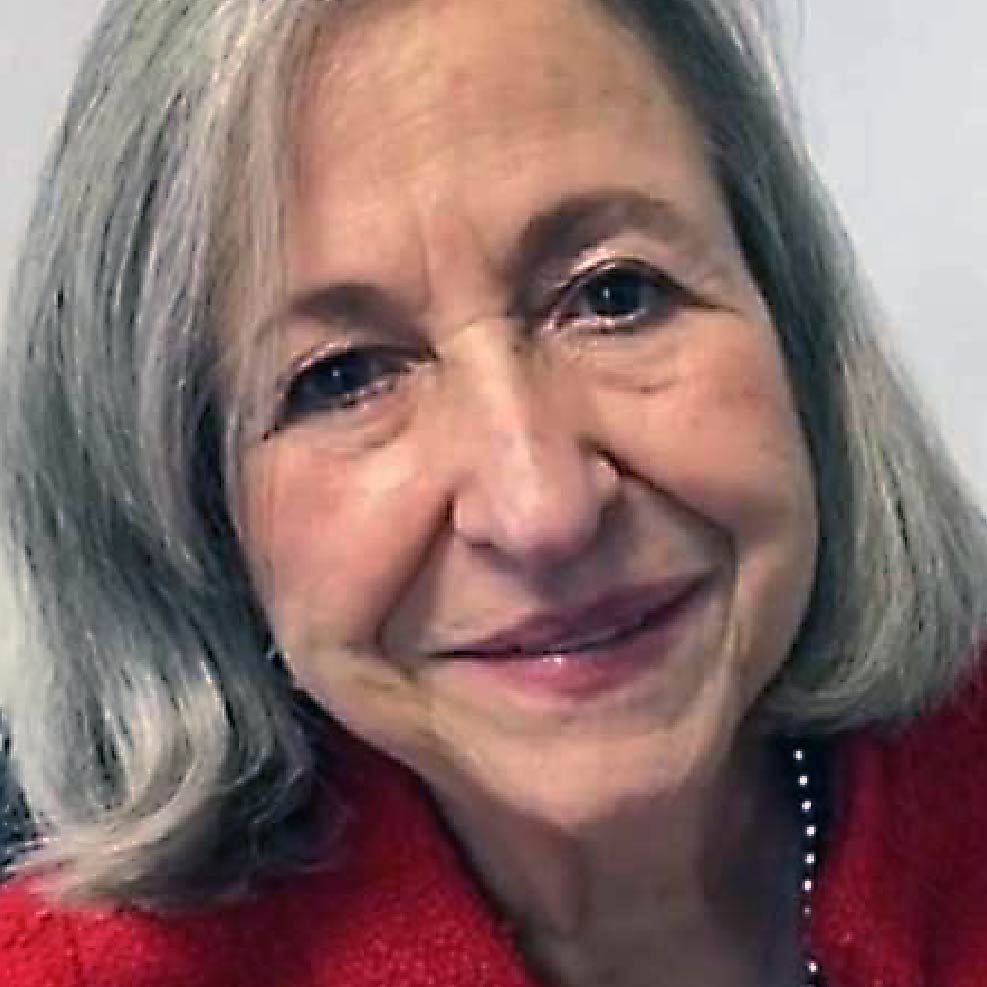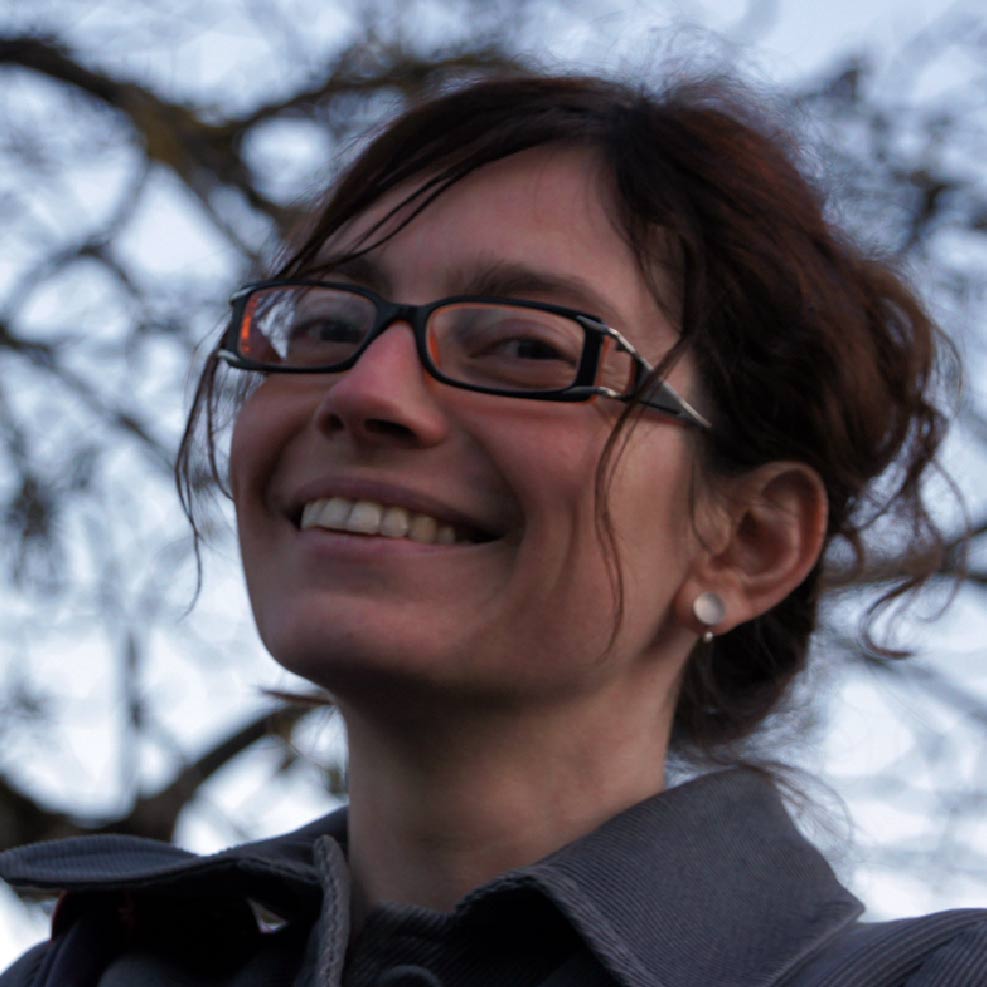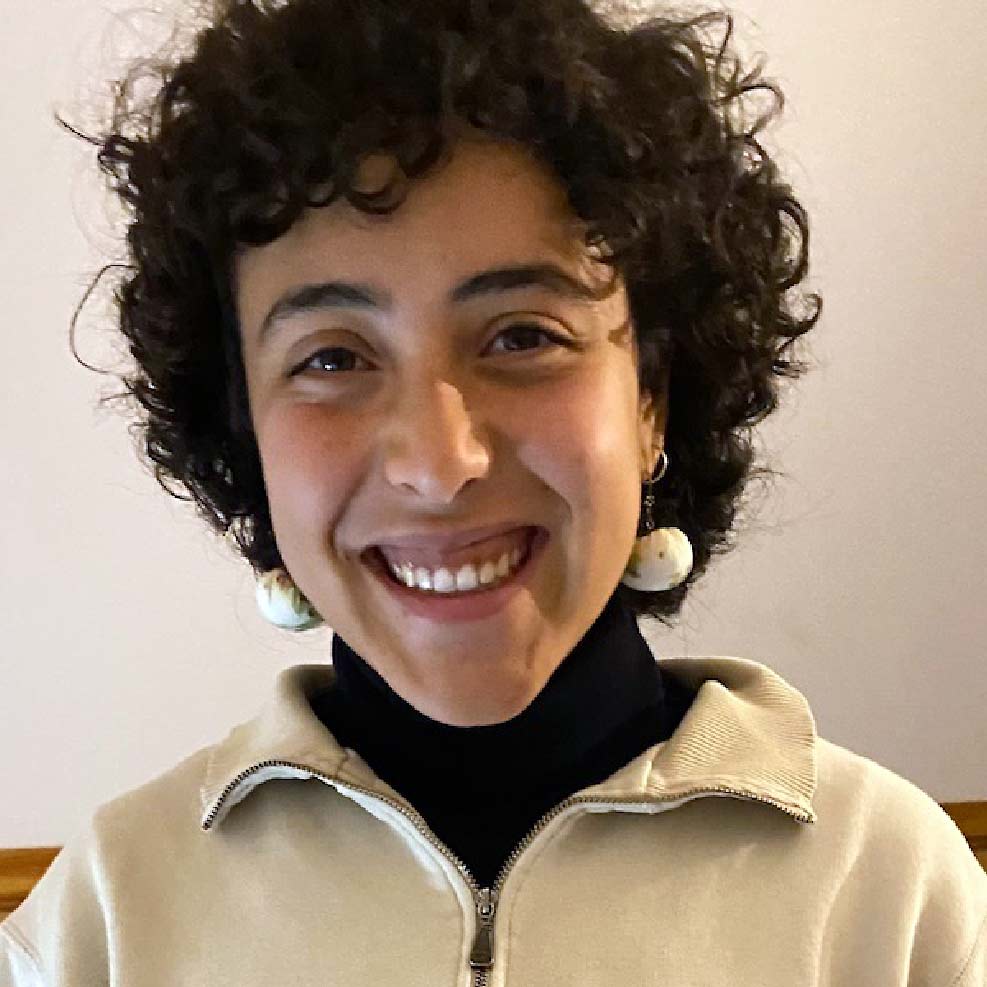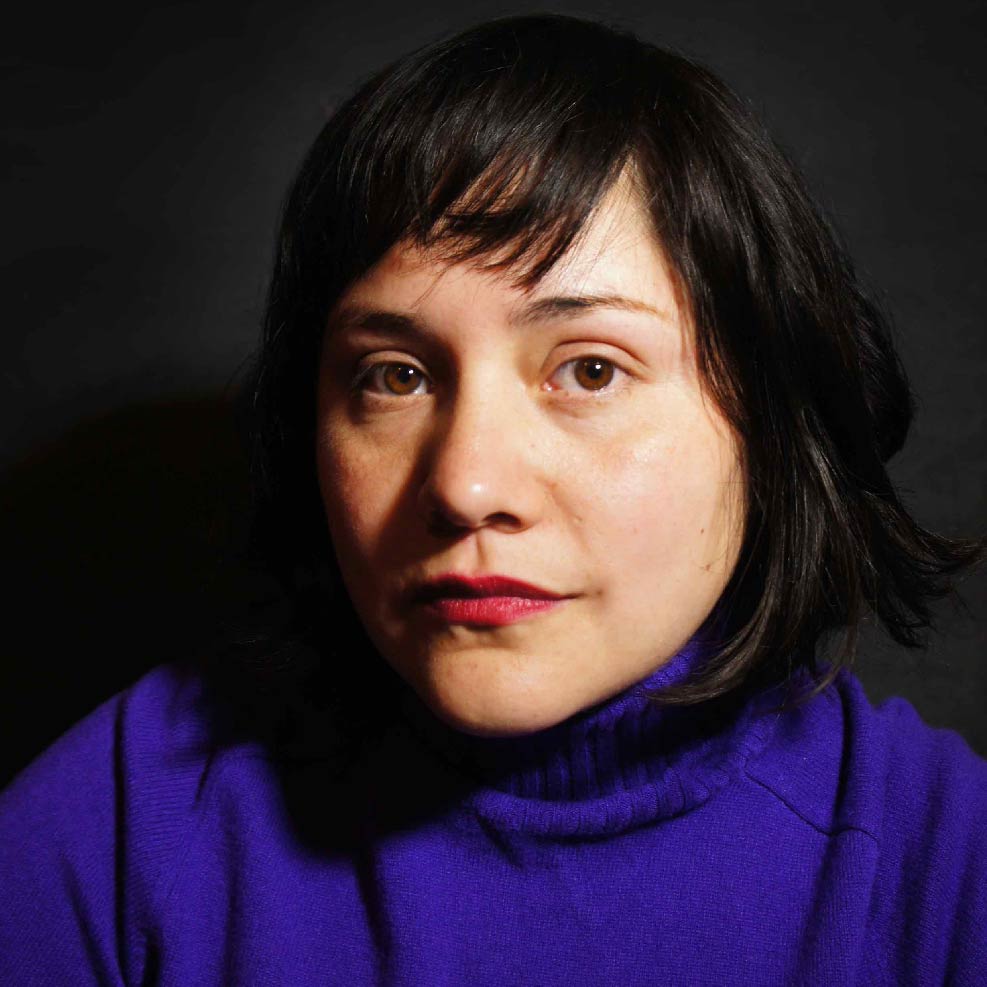Biography
Camille Blot-Wellens is a film historian, researcher and independent archivist. Graduated in History (University of Paris 1) and Cinema (University of Paris 8), she began to collaborate with film archives in 2000 in identification, research, restoration and training projects (FIAF Summer School, School on Wheels, identification workshops…) and has worked more specifically for the Filmoteca Española (2000-2007), the Cinémathèque française (2007-2011) and the Svenska Filminstitutet (2016-2019). Specialized in silent films, she is the author of two books and numerous articles and editor of an enriched version of Physical Characteristics of Early Films as Aids to Identification, by Harold Brown, for FIAF (2020). Member of the FIAF Technical Commission, she currently teaches classes on film archives, conservation and restoration at the University of Paris 8 (France) and the University of Lausanne (Switzerland). In 2018 she was awarded the Jean Mitry Prize (Il Giornate del Cinema muto Festival, Pordenone – Italy) and the Outstanding Achievement Award for Film Preservation (Film Heritage Foundation, Mumbai – India). She is developing a PhD on early films in the collections of the Swedish Film Institute (Stockholm).
 55 56229595
55 56229595 


